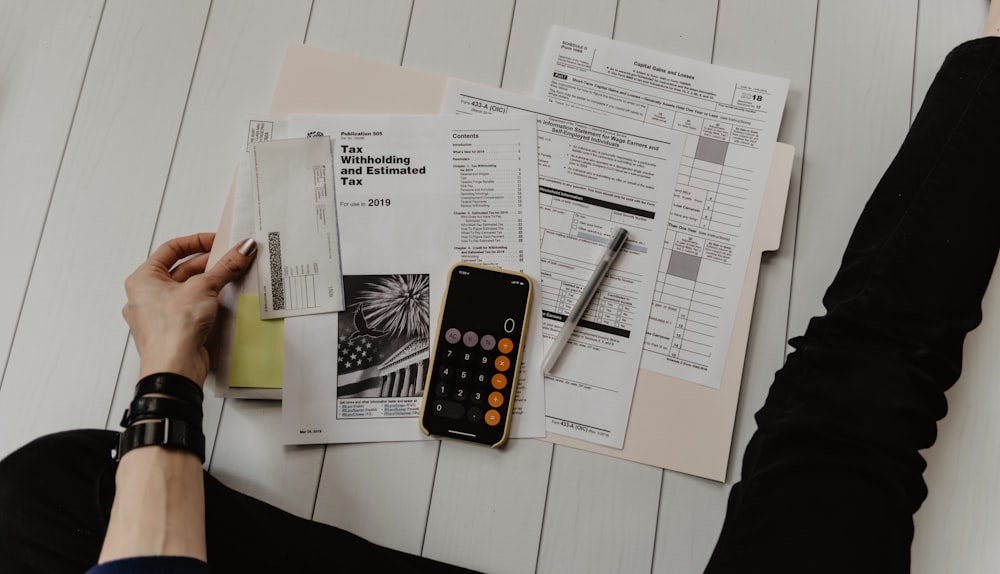Early Loan Repayment: When It Makes Sense and When It Doesn't
Paying off debt early is often seen as a financial virtue, but it's not always the smartest move. Whether early loan repayment makes sense depends on several factors including interest rates, your financial situation, and opportunity costs.
When Early Repayment Makes Sense
Consider paying off loans early if:
- High-interest debt: Loans with interest rates above 6-7% are generally worth paying off early.
- No prepayment penalties: Some loans charge fees for early repayment—make sure yours doesn't.
- You have emergency savings: Only pay extra if you have 3-6 months of living expenses saved.
- You're maxing retirement contributions: Or at least getting any employer match first.
- The psychological benefit is valuable: If debt causes you significant stress, the peace of mind may be worth it.
When to Keep Making Regular Payments
You might want to stick to the original repayment schedule if:
- Low-interest loans: Rates below 4-5% may be cheaper than potential investment returns.
- Prepayment penalties exist: These can negate any interest savings.
- You lack emergency savings: Liquidity is more important than debt reduction.
- Opportunity cost is high: If you could invest the extra payments at a higher return.
- Tax-deductible interest: Some loans like mortgages offer tax benefits you'd lose by paying early.
Mathematical Comparison
Consider a $10,000 loan at 4% interest versus investing that money:
- Paying off the loan early saves you $400 per year in interest (4% of $10,000)
- Investing that $10,000 in the stock market historically returns about 7% annually ($700)
- After accounting for taxes (say 20% on gains), you'd net $560 vs. the $400 saved
- This simplified example shows why low-interest debt may not be worth prioritizing
Strategies for Early Repayment
If you decide to pay early, consider these approaches:
1. The avalanche method: Pay minimums on all debts and put extra toward the highest-interest loan first.
2. The snowball method: Pay off smallest balances first for psychological wins.
3. Biweekly payments: Splitting monthly payments in two can result in one extra payment per year.
4. Lump sum payments: Use bonuses, tax refunds, or other windfalls to make large extra payments.
5. Refinancing: Sometimes a lower-rate loan makes early repayment less necessary.
How to Calculate Potential Savings
Use our True Cost Loan Calculator to determine:
- How much interest you'll save by paying early
- How much sooner you'll be debt-free
- The break-even point if you're choosing between investing and debt repayment
Remember, personal finance is personal—the right decision depends on your unique circumstances, risk tolerance, and financial goals. Early repayment isn't always the optimal mathematical choice, but it might be the right psychological choice for you.




